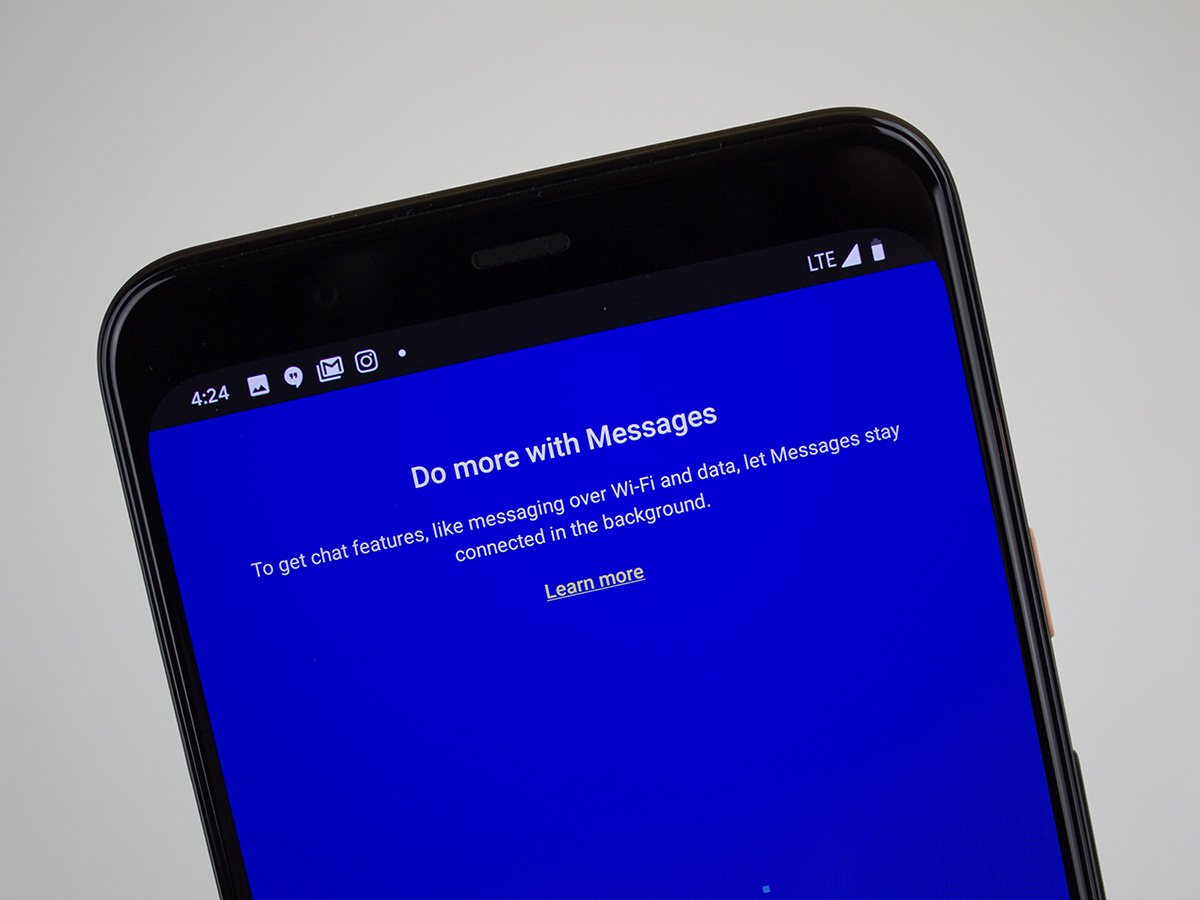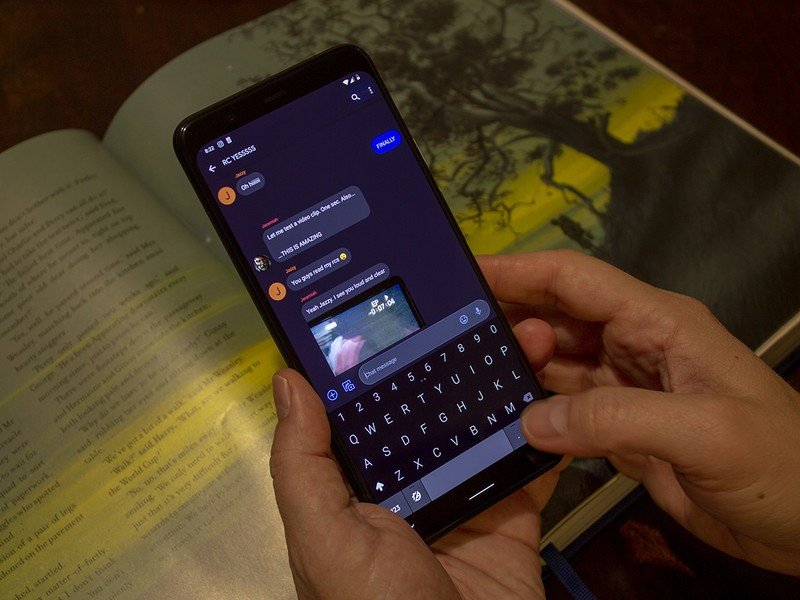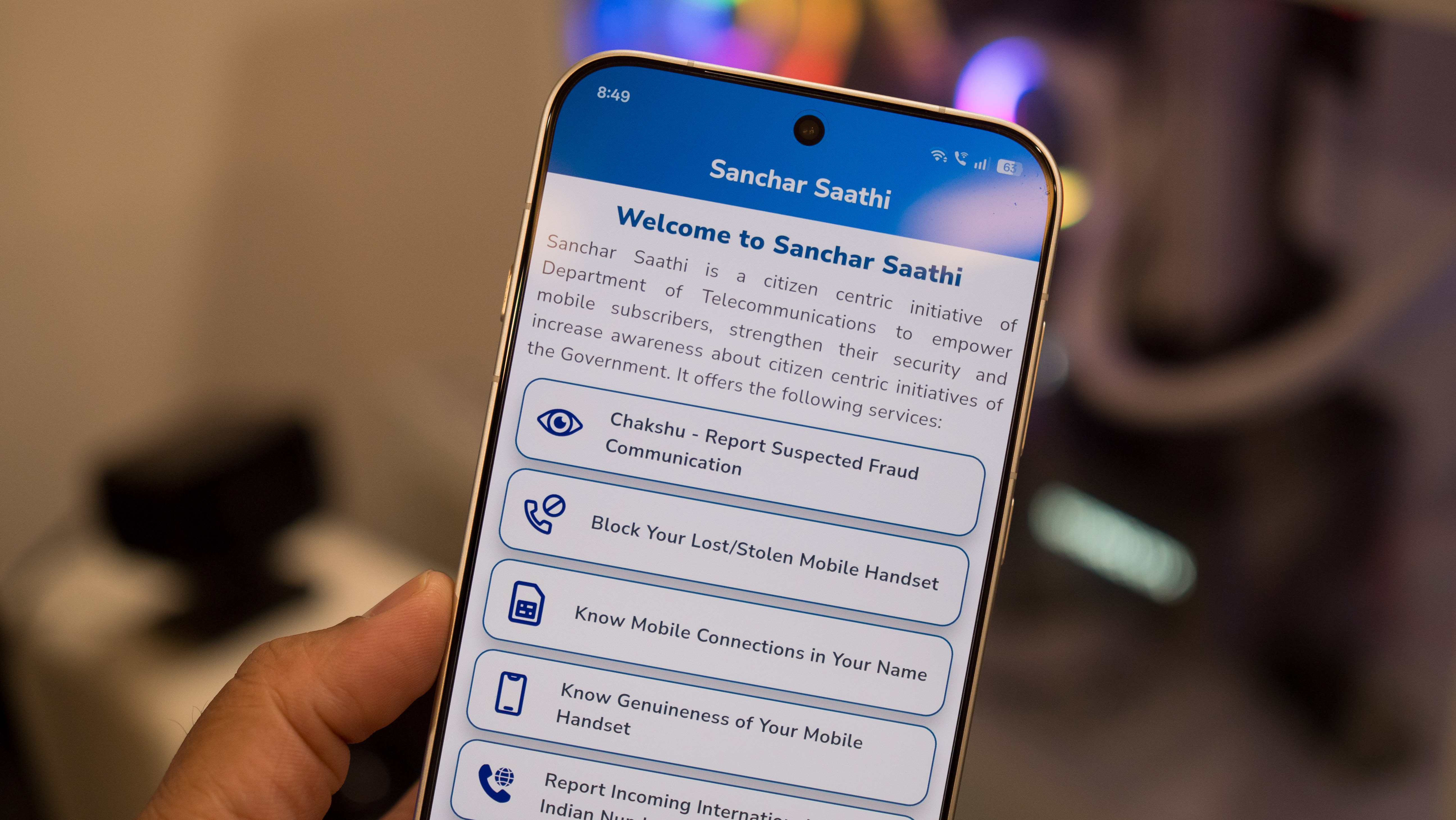U.S. carriers finally agree on who will build the country's RCS network

What you need to know
- Synchronoss Technologies and WIT Software have been chosen as the companies to build the network and app for U.S.-based RCS messaging.
- These companies currently run Japan's RCS network and will be using that expertise to built the U.S.'s RCS infrastructure.
- The Android app is slated to debut sometime in 2020, with iOS RCS messaging happening sometime later.
You may have RCS messaging on your phone already, thanks to the efforts of Google and a nifty hidden setting, but U.S. carriers want to be the ones to run the RCS show, instead. That was made clear when Sprint, AT&T, Verizon, and T-Mobile all announced a joint venture called CCMI, or the Cross-Carrier Messaging Initiative.
Today's announcement comes from the CCMI itself, via FierceWireless, pronouncing that Synchronoss Technologies and WIT Software will be the ones to build out the standard for all four major carriers (or maybe three by the time they finish the deal). Synchronoss and WIT were chosen specifically because they've already done this before and have a successful network running across Japan's mobile carriers using RCS. In fact, this network was rolled out early in 2018 and can be used for everything from messaging to money transfers and even global currency conversion.

RCS is a powerful messaging standard that's about more than just sending text messages to friends and family; that's why RCS stands for Rich Communication Services. Now that companies have been awarded a contract for getting RCS rolled out to all four major networks, the real work can begin. In short, Synchronoss Technologies and WIT Software will be building the network of servers for RCS, as well as the new messaging app that will be required to be used on all phones in order to take advantage of this new messaging network.
You won't have to do much reading into the statements of industry veterans to understand why Google has not been allowed into this new initiative and why this has been such a big ordeal: the carriers aren't making money off messaging the way they used to and need a new source of revenue that will benefit everyone's bottom line. Carriers want to play a "much different role in consumer's lives," and while surface-level language makes this appear innocuous, some people disagree.
What's particularly interesting about this announcement is the inclusion of Apple iOS devices in the development phase. Whether or not this means a separate app from iMessage is not clear, but plans are for a specific app to be developed for Android, with plans to roll it out sometime in 2020. We certainly won't see the return of messaging plans that charge per message as carriers have done in the past, but it's clear that carriers want to make more money off of you and this is the next big way they're going to do that.
The CCMI could be the RCS solution that works because carriers can profit from it
Get the latest news from Android Central, your trusted companion in the world of Android

